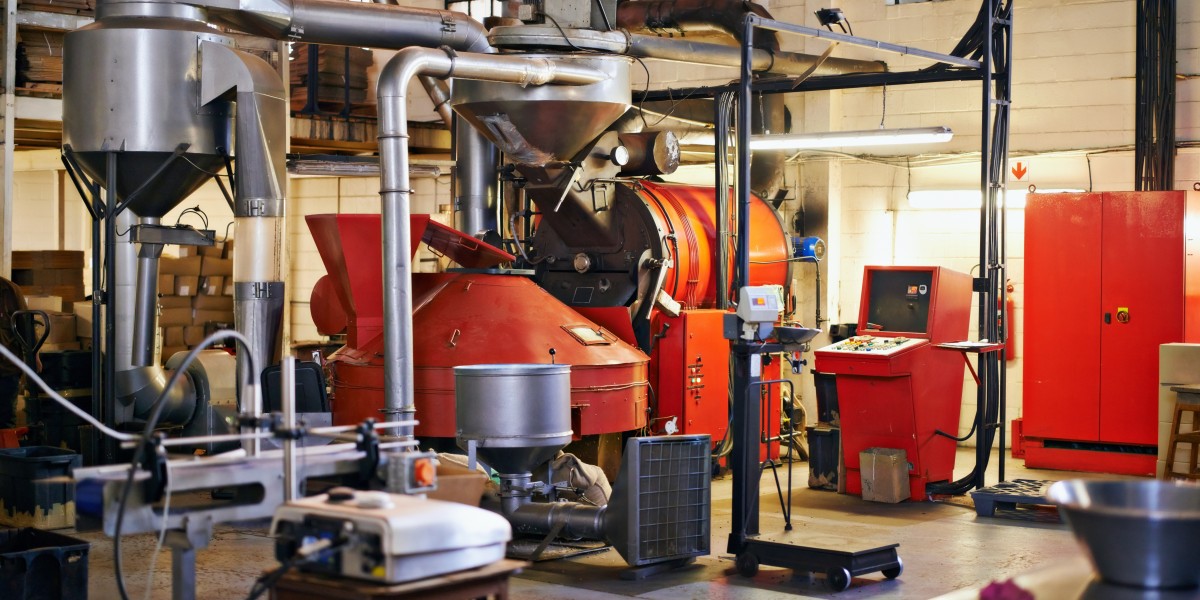In today's world, where power outages can happen unexpectedly due to severe weather, natural disasters, or overloaded power grids, a home backup generator has become an essential investment for many homeowners. These devices can keep your lights on, appliances running, and family safe and comfortable during an outage. But what exactly are home backup generators, and why should you consider one? Let’s dive into everything you need to know.
What is a Home Backup Generator?
A home backup generator is a system designed to automatically provide power to your home when the main electrical grid fails. Unlike portable generators, these units are permanently installed outside your home and are connected directly to your electrical system. They can run on different fuel sources, such as natural gas, propane, or diesel, providing continuous power until the main grid is restored.
Benefits of Having a Home Backup Generator
Uninterrupted Power Supply One of the most significant benefits is the ability to keep your home running smoothly during a blackout. With a backup generator, you can ensure your essential systems, such as heating, cooling, and medical devices, continue to function without disruption.
Protection from Power Surges When the power is restored after an outage, there's a risk of power surges that can damage your electronics. A backup generator prevents this by seamlessly transitioning your power source and keeping your appliances safe.
Increased Home Value Installing a home backup generator can boost your property’s value. Homebuyers see it as a valuable addition, knowing they won’t have to worry about power interruptions. This can be particularly appealing in areas prone to frequent outages.
Peace of Mind During Severe Weather Storms and other extreme weather conditions are one of the most common causes of power outages. Having a generator gives you the peace of mind that no matter the weather, your home will stay powered.
Protection of Perishable Items Extended power outages can lead to food spoilage in refrigerators and freezers. A backup generator ensures that your perishables remain fresh by keeping your appliances running throughout the outage.
Types of Home Backup Generators
Standby Generators These are the most common type of home backup generators. They are permanently installed outside the home and are connected to the electrical system and a fuel source. Standby generators automatically switch on when they detect a power outage.
Portable Generators While not as convenient as standby generators, portable generators can also be used as a backup power source. However, they must be manually started and require extension cords to connect to appliances.
Factors to Consider When Choosing a Home Backup Generator
Power Capacity The generator’s capacity is a crucial factor. You’ll want to choose a unit that can power the essential appliances and systems in your home, such as HVAC, refrigerators, and lighting.
Fuel Source Backup generators can run on various fuels, such as natural gas, propane, or diesel. Consider availability and cost when choosing the right fuel for your generator.
Automatic Transfer Switch An automatic transfer switch (ATS) is a critical feature of a standby generator. It ensures a seamless transition of power by automatically starting the generator when an outage occurs.
Noise Levels Some generators can be noisy, which can be disruptive, especially in residential areas. Be sure to look for generators that are designed to operate quietly.
Maintenance Requirements Like any mechanical device, generators require regular maintenance to ensure they are in working condition when needed. Choose a generator that has easy maintenance procedures or look into service plans.
Installation and Cost of Home Backup Generators
The cost of purchasing and installing a home backup generator can vary depending on the size of your home and the power capacity required. On average, a standby generator can range from $3,000 to $10,000, including installation.
Professional installation is highly recommended to ensure the system is correctly set up and integrated with your home’s electrical system. Be sure to hire a licensed electrician or generator specialist to handle the installation process.
Conclusion
A home backup generator is more than just a convenience—it's a necessity for many homeowners, providing peace of mind, safety, and comfort during power outages. Whether you’re preparing for the next big storm or simply want to protect your home from unexpected blackouts, investing in a home backup generator can save you from the frustrations and potential damages caused by power interruptions.







